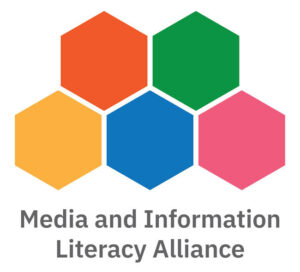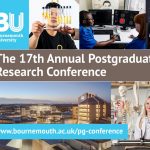

MIL Eco-Lab: Media & Information Literacy for Healthy Ecosystems
Cluster Lead: Julian McDougall
This new research cluster, located in SHDC, will generate and support research to inform policy and practice for the role of Media and Information Literacy (MIL) in: promoting societal resilience to misinformation; improving the health of communication ecosystems and supporting better health, science and data literacies.
This new cluster will form an MIL Eco-Lab to support and grow capacity for:
- Research-informed MIL, working with a theory of change;
- Education and training in MIL (including for better health and science communications);
- Designing third spaces for MIL practice;
- Evaluating MIL for ecosystem health (moving beyond solutionism, for positive consequences and social change);
- Intersecting with the work of the Media and Information Literacy Alliance charity in advocacy spaces (including health, science and data communications).
- Fostering productive inter-disciplinary and international environments for doctoral research in MIL and pioneering research in the field, where significant, for health, science and data communications.
Colleagues who are interested in finding out more about this cluster and discuss how your research can contribute, with no obligation to join, are invited to share your availability here for a zoom workshop later this month. And / or if you would like to chat about this 1-1, just email me and we can set that up.
Thanks for reading,
Julian











 Join the 17th Annual Postgraduate Research Conference – Wednesday 3 December 2025
Join the 17th Annual Postgraduate Research Conference – Wednesday 3 December 2025 BU Festival of Social Sciences invite at RNLI
BU Festival of Social Sciences invite at RNLI MaGPIE Presents at UK Parliament: From Mass Graves to Courtroom
MaGPIE Presents at UK Parliament: From Mass Graves to Courtroom Festival of Social Science: Introducing drowning prevention in Bangladesh
Festival of Social Science: Introducing drowning prevention in Bangladesh ECR Funding Open Call: Research Culture & Community Grant – Apply Now
ECR Funding Open Call: Research Culture & Community Grant – Apply Now MSCA Postdoctoral Fellowships 2025 Call
MSCA Postdoctoral Fellowships 2025 Call ERC Advanced Grant 2025 Webinar
ERC Advanced Grant 2025 Webinar Horizon Europe Work Programme 2025 Published
Horizon Europe Work Programme 2025 Published Horizon Europe 2025 Work Programme pre-Published
Horizon Europe 2025 Work Programme pre-Published Update on UKRO services
Update on UKRO services European research project exploring use of ‘virtual twins’ to better manage metabolic associated fatty liver disease
European research project exploring use of ‘virtual twins’ to better manage metabolic associated fatty liver disease